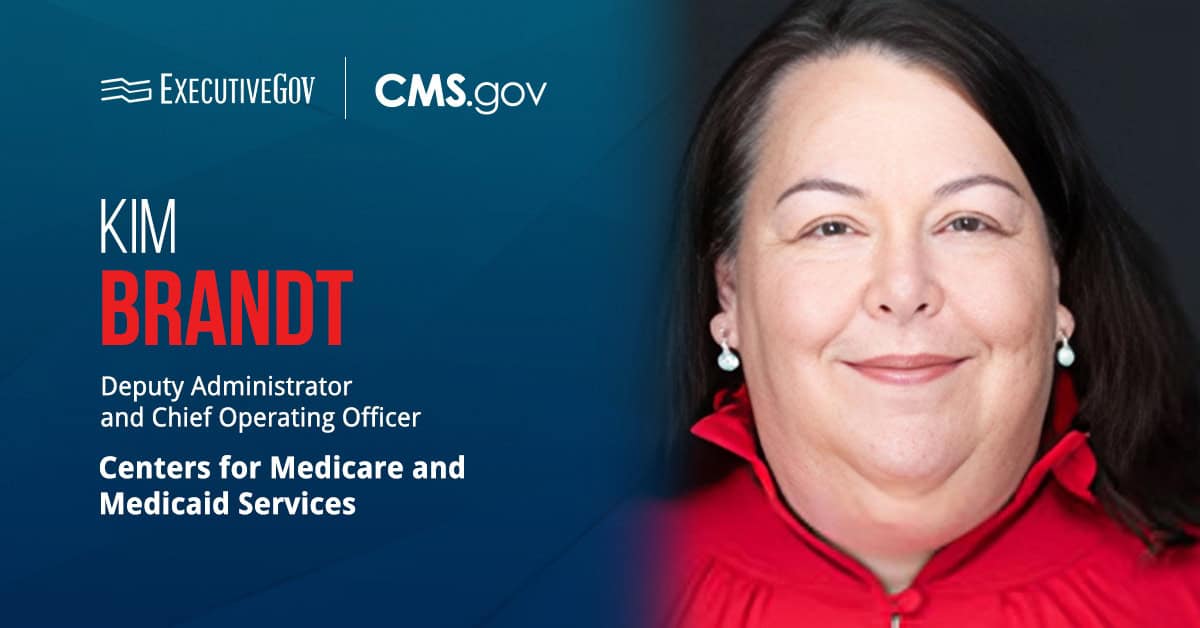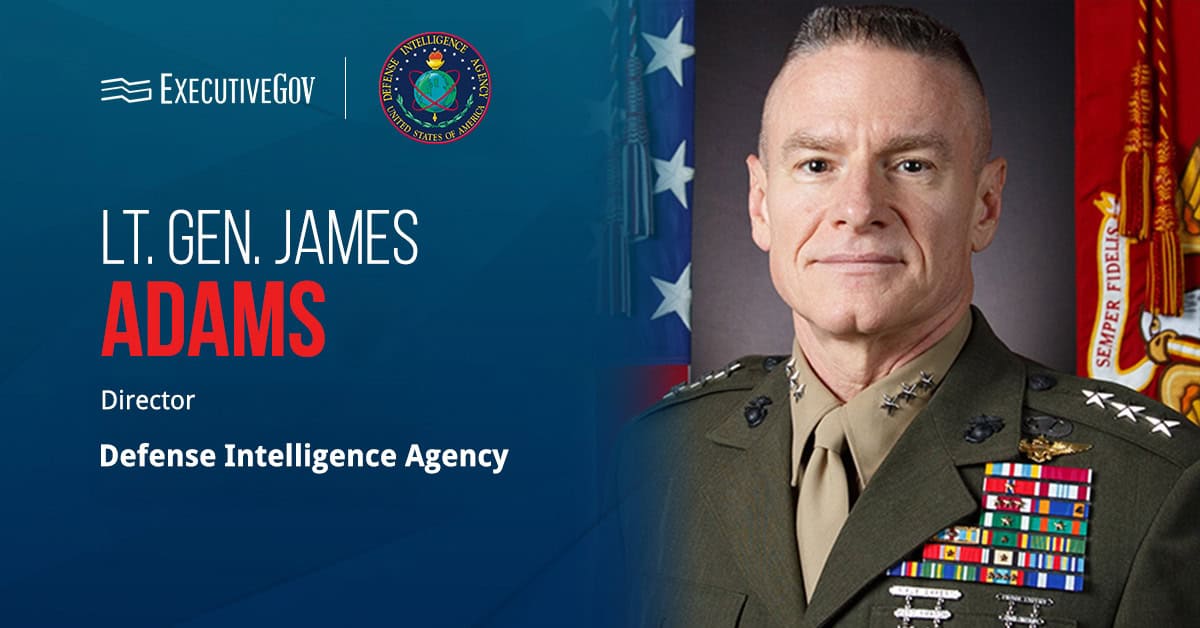Jens Stoltenberg, secretary-general at North Atlantic Treaty Organization (NATO), said member nations should maintain interoperability as they invest in next-generation technologies over the next decade.
Stoltenberg said Monday in a virtual conference that NATO allies must avoid technological gaps and observe common standards in the development of emerging technologies, Defense News reported Monday.
He added that NATO holds the potential to establish standards that guide the technologies' ethical aspects. The secretary-general's statements come as he prepares to propose to defense ministers about what he envisions for the NATO 2030 strategy.





